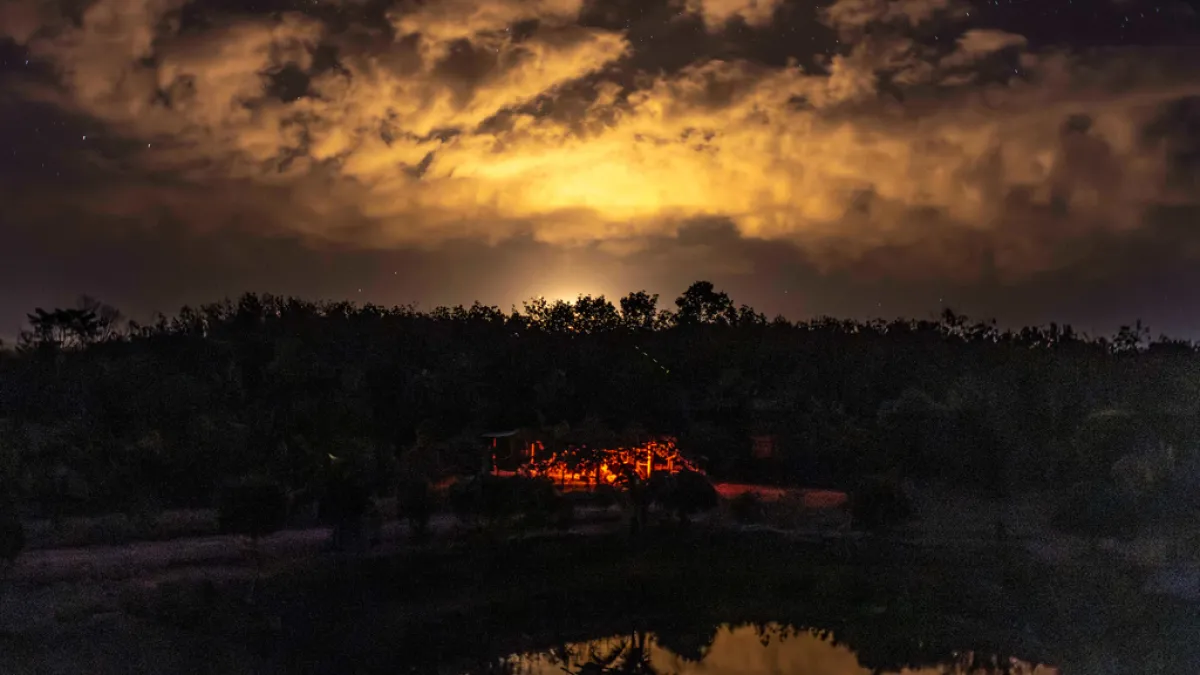Cambodia says Thailand bombed casino hub on border, with no truce in sight | Conflict News
Despite Trump claim of ceasefire, no end on horizon to latest round of conflict recently reignited by border skirmish.
Published On 18 Dec 2025
Cambodia’s defence ministry has accused Thailand’s military of bombing the casino hub of Poipet, a major land crossing between the two nations, which are engaged in renewed clashes along their border.
The ministry said in a statement on Thursday that Thai forces had “dropped 2 bombs” in the municipality of Poipet, located in the northwestern province of Banteay Meanchey, at about 11am (04:00 GMT) that morning.
Recommended Stories
list of 3 itemsend of list
At the time of reporting, Thailand had not yet confirmed the strike on the bustling casino hub, which is popular with Thai gamblers.
The interior ministry said this week that at least four casinos in Cambodia have been damaged by Thai strikes.
Renewed fighting between the Southeast Asian neighbours this month has killed at least 21 people in Thailand and 17 in Cambodia, while displacing about 800,000, officials said.
Thailand said on Tuesday that between 5,000 and 6,000 Thai nationals remained stranded in Poipet after Cambodia closed its land border crossings with its neighbour.
Cambodia’s interior ministry said the border closures were a “necessary measure” to reduce risks to civilians amid the ongoing combat, adding that air travel remained an option for those seeking to leave.
Truce denial
Five days of fighting between Cambodia and Thailand in July killed dozens of people before a truce was brokered by the United States, China and Malaysia, and then broken within months.
United States President Donald Trump, who has repeatedly intervened in the longstanding conflict this year, claimed last week that the two countries had agreed to a new ceasefire.
But Bangkok denied any truce had been agreed upon, and fighting with artillery, tanks, drones and jets has continued daily since a border skirmish earlier this month caused the latest round of conflict.
The conflict stems from a territorial dispute over the colonial-era demarcation of their 800km (500-mile) border and a smattering of ancient temple ruins situated on the frontier.
Each side has blamed the other for instigating the renewed fighting, claiming self-defence, while trading accusations of attacks on civilians.
China said it was sending its special envoy for Asian affairs to Cambodia and Thailand on Thursday for a “shuttle-diplomacy trip” to help bridge the gaps and “rebuild peace”.
